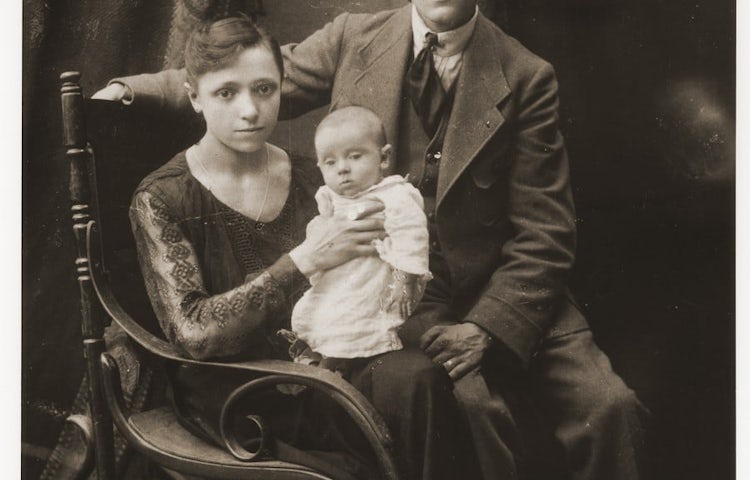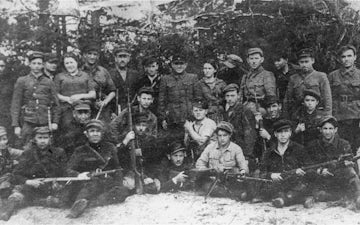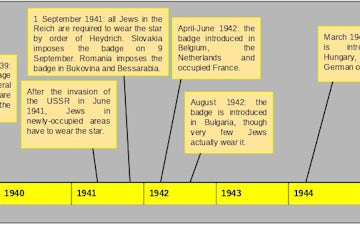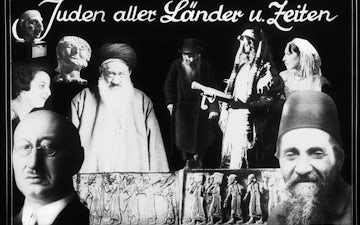
Szmul Zygielbojm (1895-1943) was a Polish Jewish socialist politician and member of the Polish Government-in-Exile who committed suicide in May 1943 in London, in protest at the inaction of the Allies in the face of the German annihilation of European Jewry and in particular the defeat of the Warsaw Ghetto Uprising.
Zygielbojm was born into a poor, working-class family in Lublin Province in Eastern Poland, one of ten children. The family moved to the city of Chelm at the beginning of WW1 and in 1917 Zygielbojm represented the city at the first convention of the General Jewish Workers’ Union – better known as the Bund. In 1920 he was asked to move to Warsaw to develop his political work. In 1924, he became a member of the Bund’s central committee, a position he held until his death. In 1936, he was sent to Lodz to work for the Bund and in 1938 he was elected as a councillor for the city.
At the beginning of the war Zygielbojm participated in the defence of Warsaw. When the Germans demanded hostages from the city, Zygielbojm volunteered to be one of them. He was made a member of the Judenrat on his release, but other members of the Bund arranged for him to leave, fearing the consequences of his vocal opposition to the policy of ghettoisation. He initially took refuge in Belgium but was forced by the invasions of 1940 to flee first to France and then the United States. In 1942, he came to London.
From March 1942, he and the Zionist Ignacy Schwarzbart were the two Jewish members of the Polish Government-in-Exile in London. Later that year Zygielbojm published a pamphlet, Stop Them Now: German Mass Murder of Jews in Poland, but it gained little attention. In December, after meeting Jan Karski, the Polish underground courier of the records being kept by the clandestine archival group, the Oneg Shabbat within the Warsaw Ghetto, Zygielbojm broadcast on the public broadcaster, the BBC, demanding that action be taken to end “the greatest crime in human history.”
Four months later, on 19 April 1943, the opening of the Bermuda Conference coincided with the beginning of the Warsaw Ghetto Uprising. In early May Zygielbojm, already frustrated at Allied inaction, was informed of the death of his wife and eldest son in the Warsaw Ghetto. On 11 May, he wrote a letter to Polish President Rackiewicz and Prime Minister Wladyslaw Sikorski, criticising the inaction of the Allies and the Polish Government. He then committed suicde. His body was cremated at his request in symbolic protest. Zygielbojm’s surviving son Joseph recovered his from storage at the Golders Green crematorium in London in 1959. After the local Jewish community refused to permit the ashes’ burial, they were brought to the United States and interred in upstate New York in 1961.
Zygielbojm is remembered in a monument in Warsaw and memorial plaques in London and Chelm. The monument in Warsaw quotes his final letter: “I cannot stay silent and I cannot go on living while the remnant of Polish Jewry, whose representative I am, is being murdered.”




